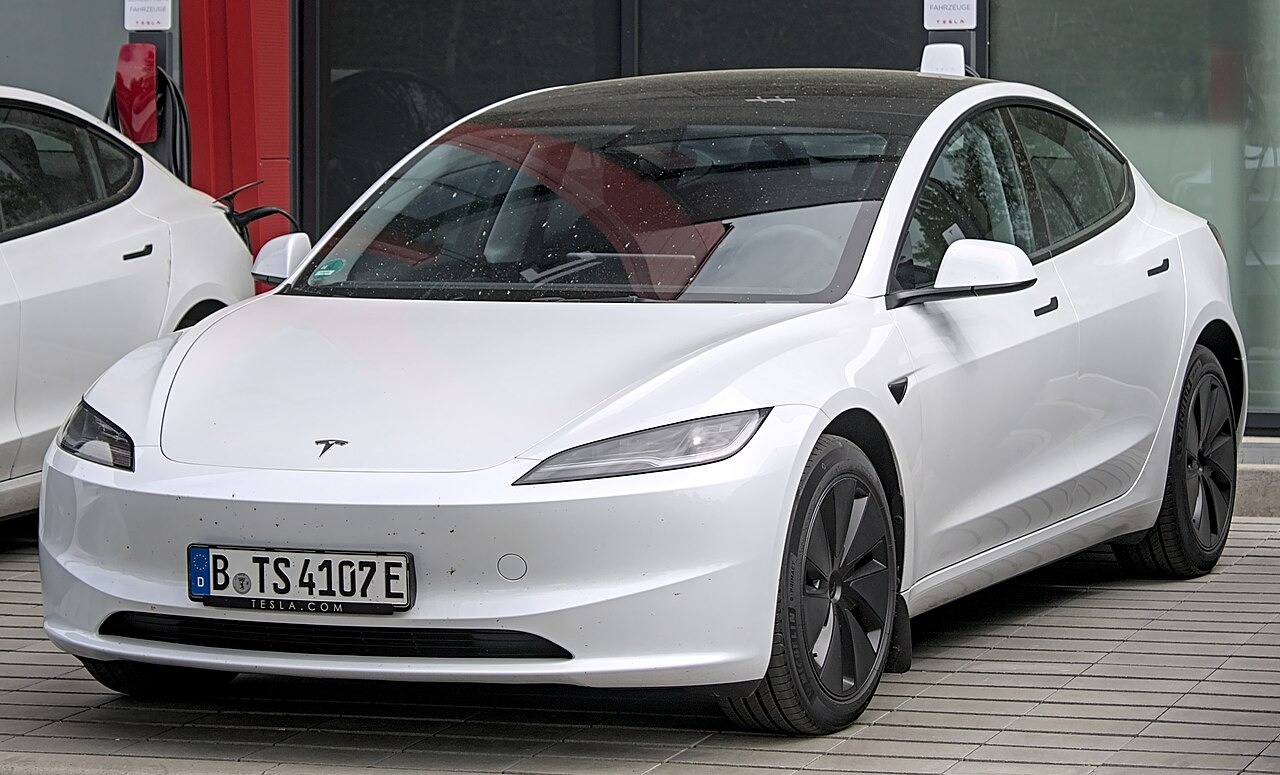The tech world churns out gadgets faster than a TikTok trend cycle, but not every innovation deserves shelf space. Some products feel like elaborate pranks that escaped the lab, leaving consumers to wonder who exactly asked for a $700 device that overheats faster than a MacBook running Chrome tabs. From checkout systems that secretly employ armies of human reviewers to wearable AI that can’t handle basic phone calls, these tech “solutions” prove that sometimes the best innovation is knowing when to stop.
5. Amazon Just Walk Out Technology
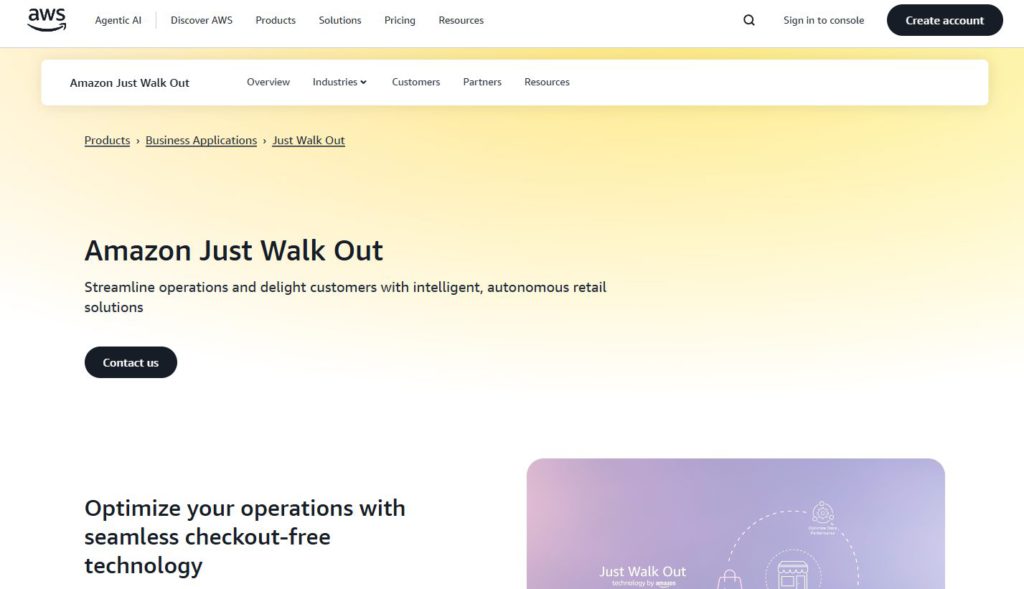
Amazon’s Just Walk Out promised seamless shopping where customers scan in, grab items, and simply walk out while AI tracks everything. The reality involves a complex web of 3D cameras, RFID sensors, and weight detectors that still struggles with accuracy when shoppers move quickly or camera angles get blocked. The real kicker? Despite all the AI branding, investigative reports revealed that 1,000 people in India review most transactions remotely. That “automated” grocery run just became a global employment program. The system costs millions per year for a single small store, making it less revolutionary retail and more expensive theater.
4. Humane AI Pin
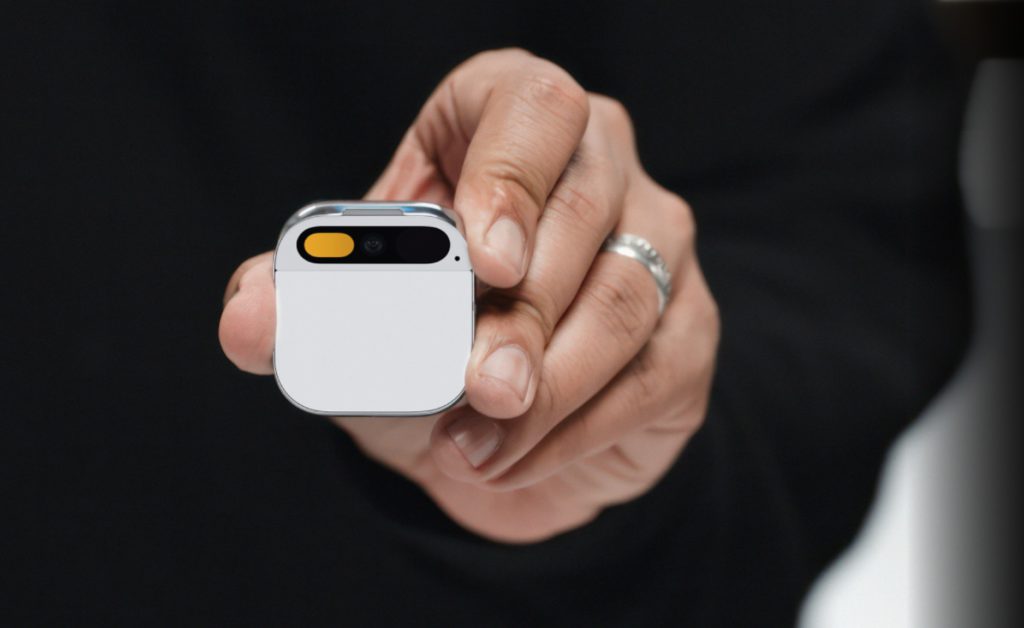
Marketed as a screenless smartphone alternative, the Humane AI Pin delivers frustration in a sleek, wearable package. This $700 device overheats during normal use, forgets passcodes with impressive consistency, and requires smartphone setup—contradicting its entire premise as a phone replacement. Basic tasks like calling and texting become elaborate puzzles, while navigation instructions arrive in formats about as useful as reading GPS directions to someone driving at highway speeds. The AI Pin proves that reinventing form factors means nothing without functional improvement.
3. Meta’s Instagram AI Celebrity Chatbots
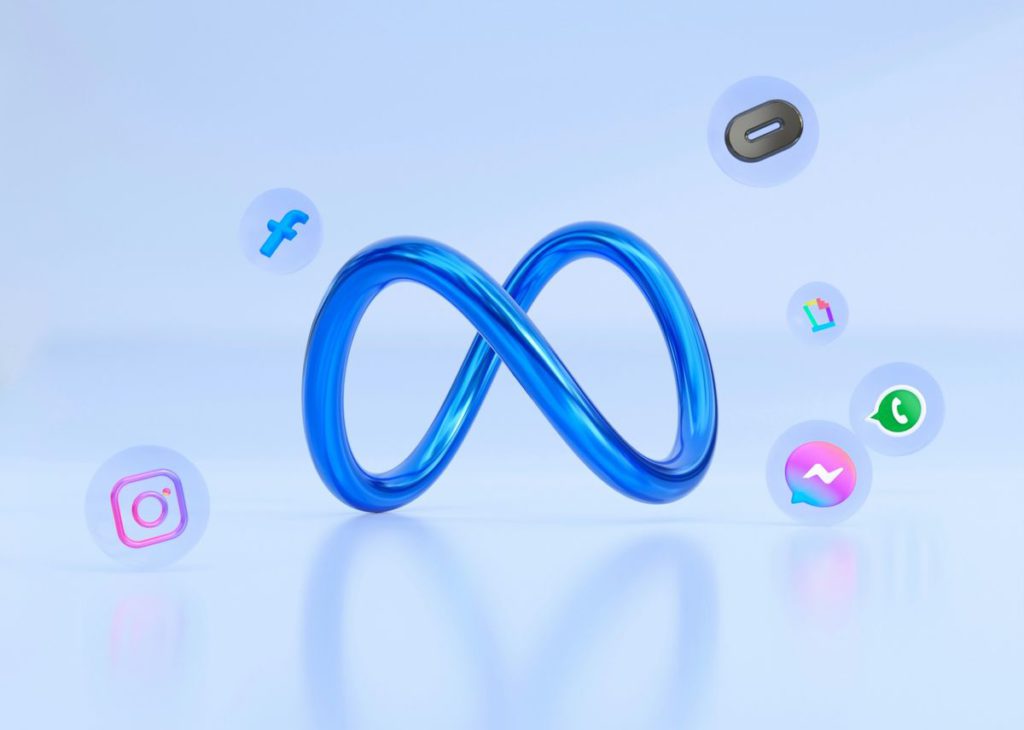
Meta launched AI chatbots modeled after celebrities like Tom Brady and MrBeast, designed to humanize digital interactions through familiar faces. These bots offer help with vacation planning and creative projects, then immediately redirect users to standard web services that provide the same generic results. The celebrity AI promises to roast users or deliver personalized insights but stays locked behind programmed boundaries that prevent any genuinely entertaining or useful responses. The disconnect between authentic celebrity personality and sanitized AI output creates an uncanny valley experience that highlights everything artificial about artificial intelligence.
2. Spotify Car Thing

Spotify’s Car Thing attempted to bring dedicated music controls to vehicles without CarPlay or Android Auto. The device required phone connection anyway, making it essentially an expensive screen mount with extra steps. After predictably slow sales, Spotify discontinued the product and announced it would become completely unusable for all owners. Refunds came as account credits rather than cash, turning customer goodwill into corporate store credit while creating instant e-waste. The Car Thing demonstrates how solving non-existent problems creates very real environmental and trust issues.
1. Tesla Cybertruck
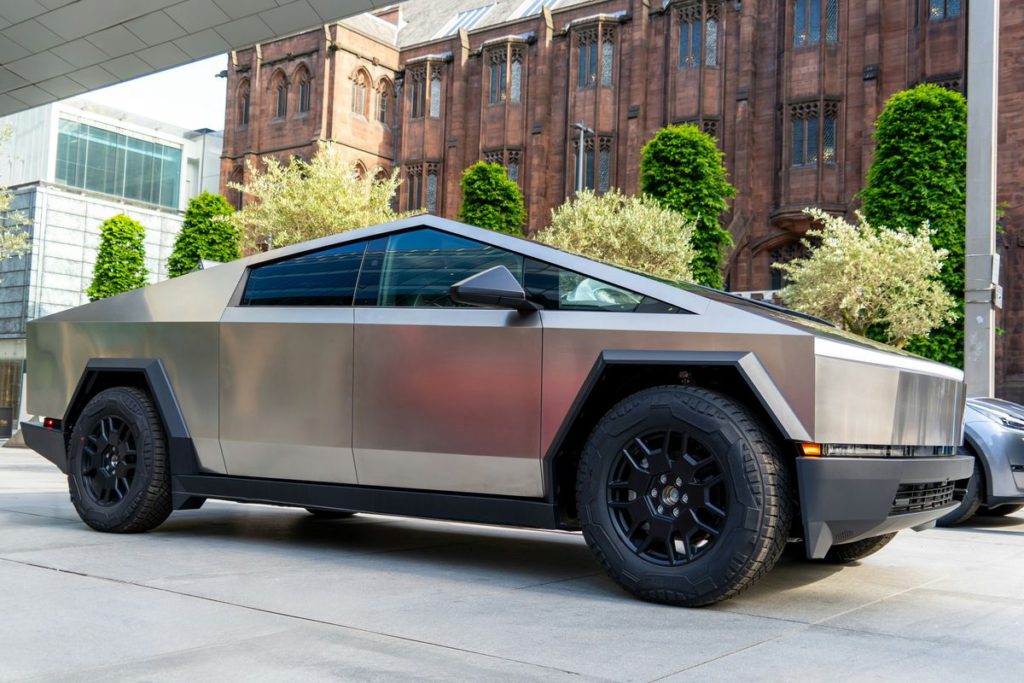
Tesla’s angular steel truck arrived after years of delays and significant price increases, promising revolutionary design that definitely delivers on revolutionary—just not always in good ways. Major recalls for accelerator pedals and guillotine-like frunk mechanisms emerged shortly after public release. The truck’s ultra-distinctive appearance creates social situations many owners didn’t anticipate, while sharp edges and confusing controls challenge daily usability. The Cybertruck succeeds as automotive art but struggles as practical transportation, proving that innovation for innovation’s sake often misses the mark entirely.









